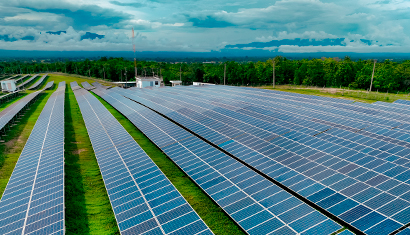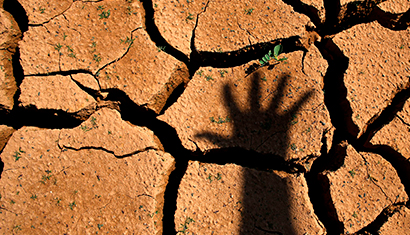
Portraits of a Feminist Energy Transition | video series
Portraits of a Feminist Energy Transition | video series
The energy transition is essential and is underway, but what are the risks and opportunities that the green energy revolution represents for the realization of women's rights? How can we prevent the replication of extractive practices commonly associated with fossil industries? How can we promote renewable energy models that promote the participation of women and the eradication of energy poverty?
The series "Portraits of a feminist energy transition" seeks to make visible the stories of activists and human rights defenders who fight for a just energy transition that protects the environment, promotes gender equality and provides safe, affordable and sustainable access to energetic resources.
Although women play a fundamental role in the management and use of energy resources in households and their communities, they face common challenges related to systematic discrimination, energy poverty and lack of representation in the development of the new energy renewable sector. We cannot accelerate the course towards sustainable energy systems without putting at the center the voices of women and communities that have historically lagged behind decision-making spaces.
In the context of the Conference of the Parties to the United Nations Framework Convention on Climate Change (COP26) and when an energy transition is discussed that involves an unprecedented technical and technological change to move from one energy source to another and counteract the effects of climate change, civil society organizations, the Global Initiative for Economic, Social and Cultural Rights (GI-ESCR) and the Inter-American Association for the Defense of the Environment (AIDA), with the support of FES-Geneva, launch the first video of the series that tells the story of María, an indigenous woman of the Maya Chuj ethnic group who lives in the micro-region of Yich K'isis in Guatemala.

It is through the stories and experiences of women that we can reduce the risks of the energy transition and catalyze the transformative potential of renewable energy to advance gender equality and build a sustainable, low-carbon future.





